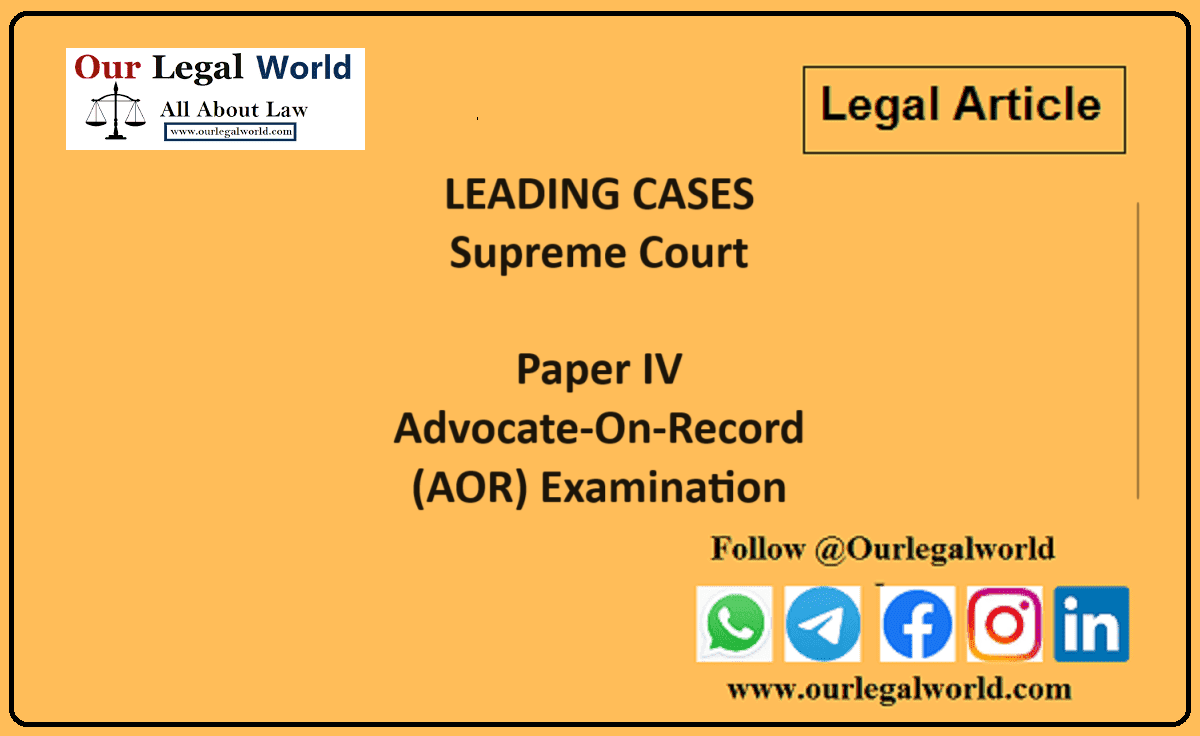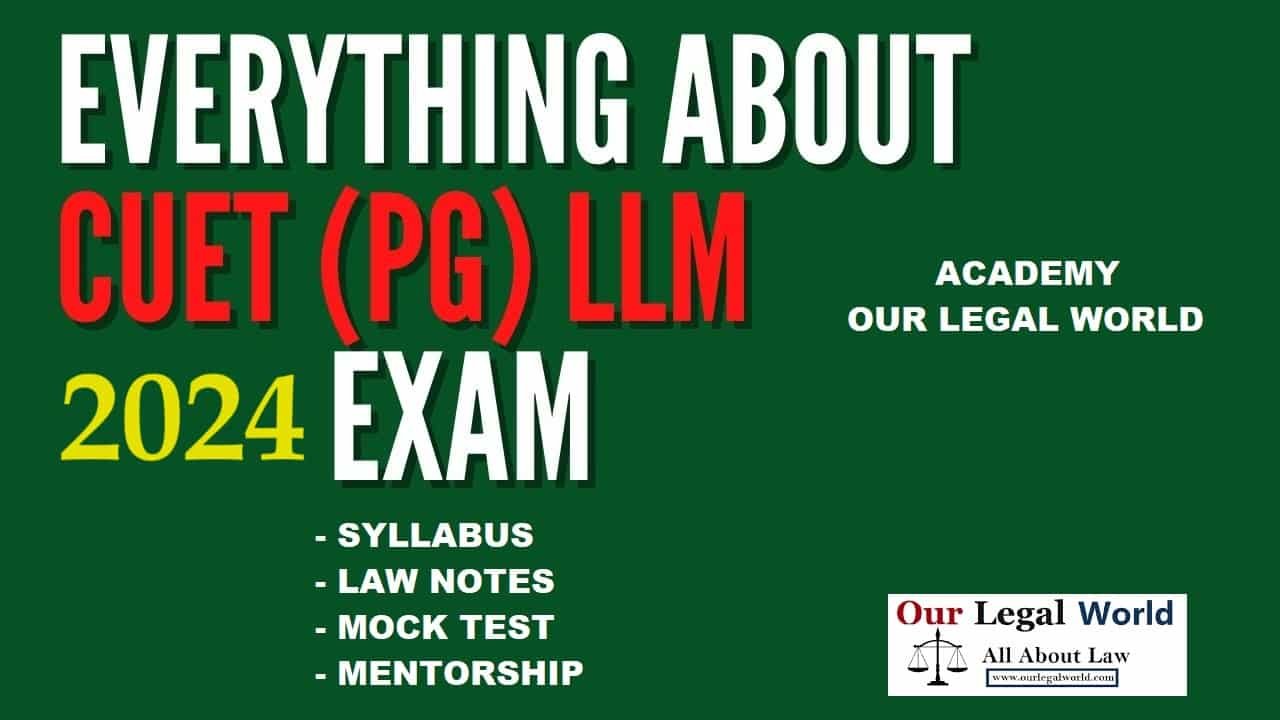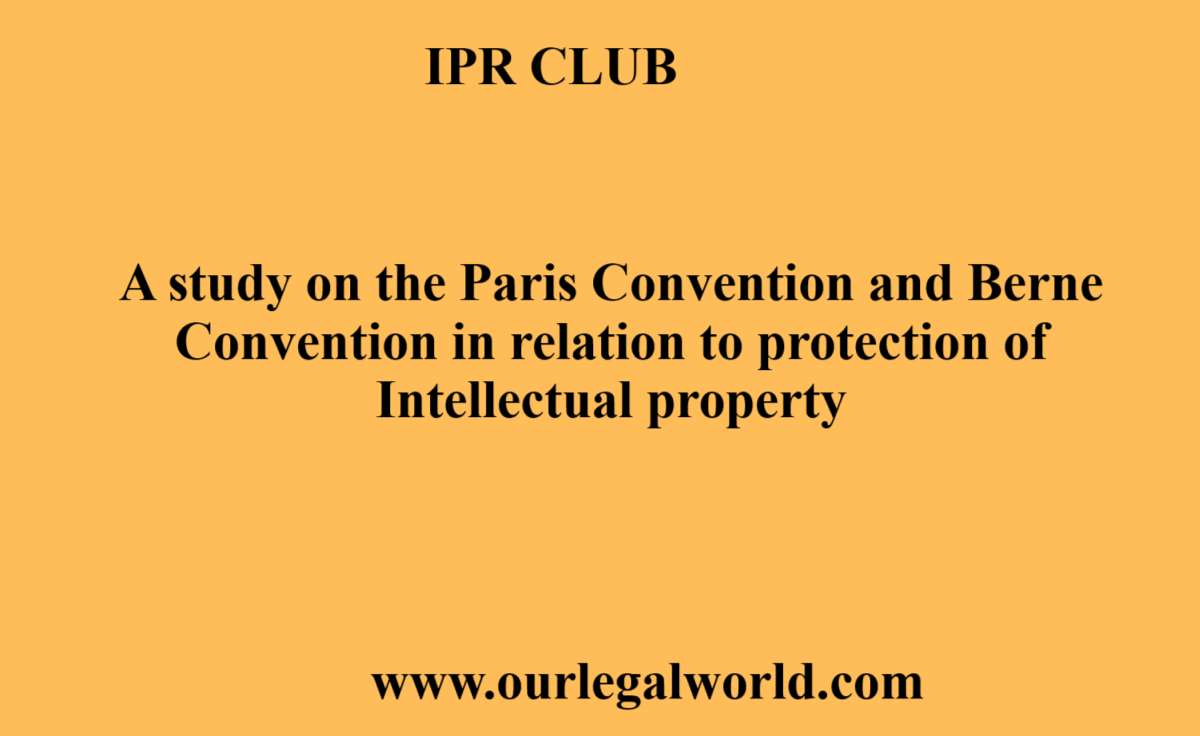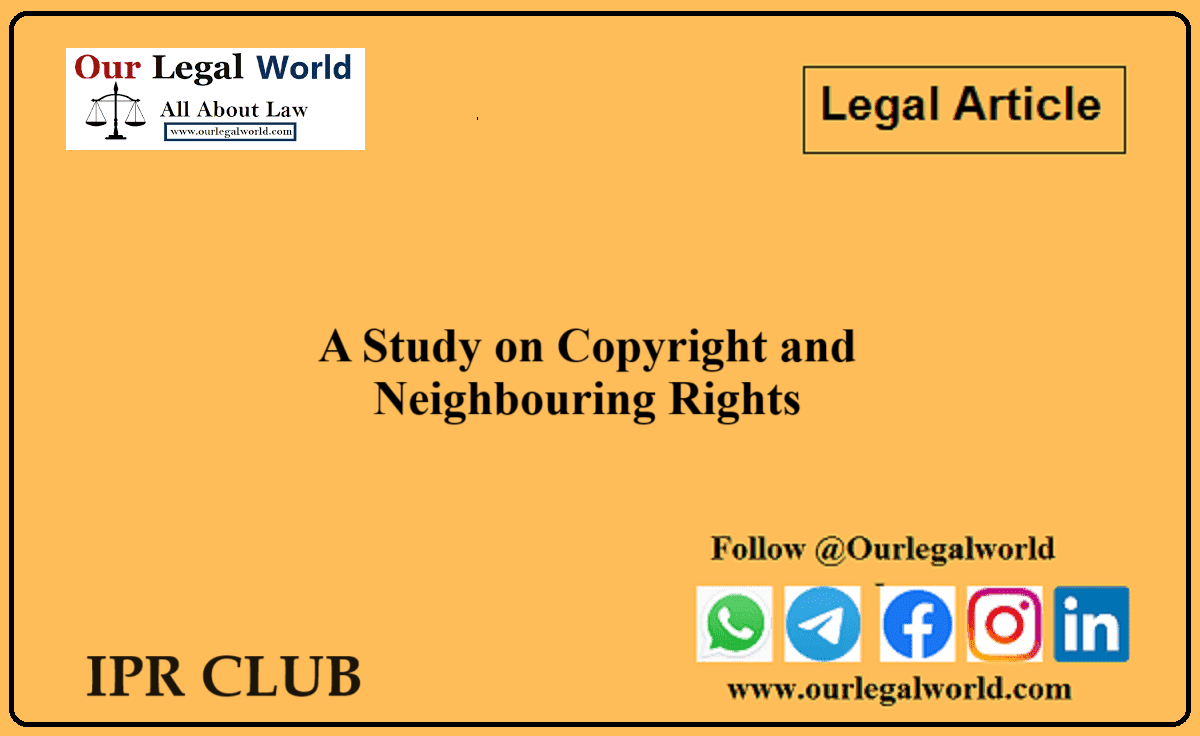Constitution Case Laws e-Flashcard Series for Judicial Services and LLM Entrance Exam (CLAT PG, AILET, DU LLM ETC.) law exams
- S.R Chaudhari v. State of Punjab 2001
The case dealt with the constitutional obligations of the governor. The apex Governor must remain obligated and not sacrifice either political responsibility or parliamentary conventions on the altar of “political expediency.’
2. State of Madras v. Gannon Dunkerley AIR 1958 SC
The genesis for the 46th Amendment Act, 1983 can be traced to which of the following Supreme Court decision relating to levy of sales tax on works contracts”
3. Union of India v. S. Krishnan 2008
It has been held that the status of the Scheduled Tribe is to be determined with reference to the entries issued by State Government under the Consitution.
4. I.R Coelho v. State of Tamil Nadu 1999
The apex court has held that enactments included in Schedule IX of the Constitution of India are subject to judicial review.
5. D.B.M Patnaik v. State of Andhra Pradesh
The Supreme Court held that “Refusal of bail in a murder case without reasonable ground amount to a violation of Article 21. The case also deal with various rights of prisoners. In USA the case of Charles Wolff v. McDonnell .
6. Deputy Inspector General of Police v. K. Ravinder Rao 2008
The Supreme Court held that High Court sitting under Article 226 re-appreciated the evidence and came to a different conclusion which is not the scope of the High Court under writ jurisdiction.
7. M. Nagaraj v. Union of India 2006
The Supreme Court held that Article 16(A) providing for reservation in promotion is an enabling provision.
8. Shastri Yagna Purishdasji v. Muldar Bhandardas Vaishya, AIR 1966
The Supreme Court held that- “While guaranteeing the fundamental right to the freedom of religion, Explanation II to Article 25(2) (b) made it clear thatb3 reference to Hindus shall be construed as including a reference to persons professing the Sikh, Jain or Buddhist religion and the reference to Hindu religious institutions shall be construed according”.
Also Read: REDEFINING OBSCENITY IN DYNAMIC INDIA
9. State of Bombay v. Kathikalu Oghad & Ord., AIR 1961
The Supreme Court held that compelling a person to give his specimen writing will not amount to testimonial compulsion for the purpose of Article 20(3) of the Constitution.
10. Kihota v. Zachithy
It was held that the judicial review under Article 32 and 226 is a basic feature of the Constitution beyond the pale of amenability.
Constitution:- Case Laws mock test soon






![Tax Law Internship Opportunity at Legum Attorney [Chamber of Ashish Panday], Delhi [Tax Litigation]: Apply by 2nd November](https://www.ourlegalworld.com/wp-content/uploads/2024/10/Legum-Attorney-Intern.png)
